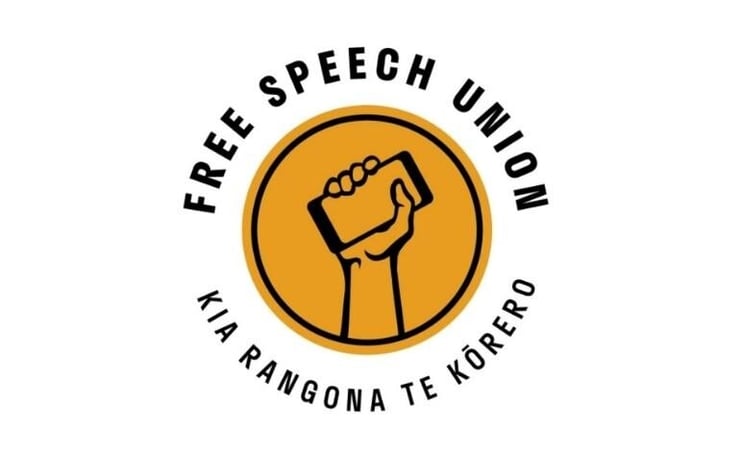Kashmir Files: NZ Free Speech Union calls for Chief Censor not to be ‘politicised or bullied’

The debate around allowing the filming of the Hindi film Kashmir Files refuses to subside with the New Zealand Free Speech Union calling for the Chief Censor to stand up for the cause of freedom of expression and not bow to political activism.
A media release from the Union said, “The Free Speech Union is concerned that the Chief Censor has delayed the screening of The Kashmir Files in New Zealand and may prevent it from screening at all in our country. The Film is undoubtedly a controversial presentation of a complex issue, but the Censor's role is not to protect Kiwis from controversy,” says Jonathan Ayling, Spokesperson for the Free Speech Union.
“We have also written to the Chief Censor to ensure that the information we have is correct and to share our deep concerns about the possibility that his office is being politicised or bullied. We remain committed to our mission to fight for, protect and expand New Zealanders’ rights to freedom of speech,” the media release says.
Earlier it has been reported that the Chief Censor had withdrawn the decision of allowing the screening of the Bollywood movie with R16 classification after a section of the Muslim community had raised concerns that the release of the movie may cause social discord in NZ.
The movie portrays the painful story of the mass exodus of Kashmiri Hindus – a minority community in India’s only Muslim majority state Kashmir, at the behest of a foreign-sponsored insurgency in the late 1980s and early 1990s and was forced to live as one of the biggest internally displaced people.
However, the timing of the release of this movie seems to have caused some concerns that have been raised with the Chief Censor.
"Our understanding is that the Film has already been classified as R16 and that it has shown in cinemas in other liberal democratic countries with similar classification. It appears as if the decision to delay (and possibly prevent) the film being screened in New Zealand has been driven by political activism.
"It is crucial that any decision made by the Censor is done within his remit as outlined in the Films, Videos, and Publication Classification Act 1993, and not as a result of advocacy or to protect the political sensibilities of any community,” the media release from NZ Free Speech Union said.




